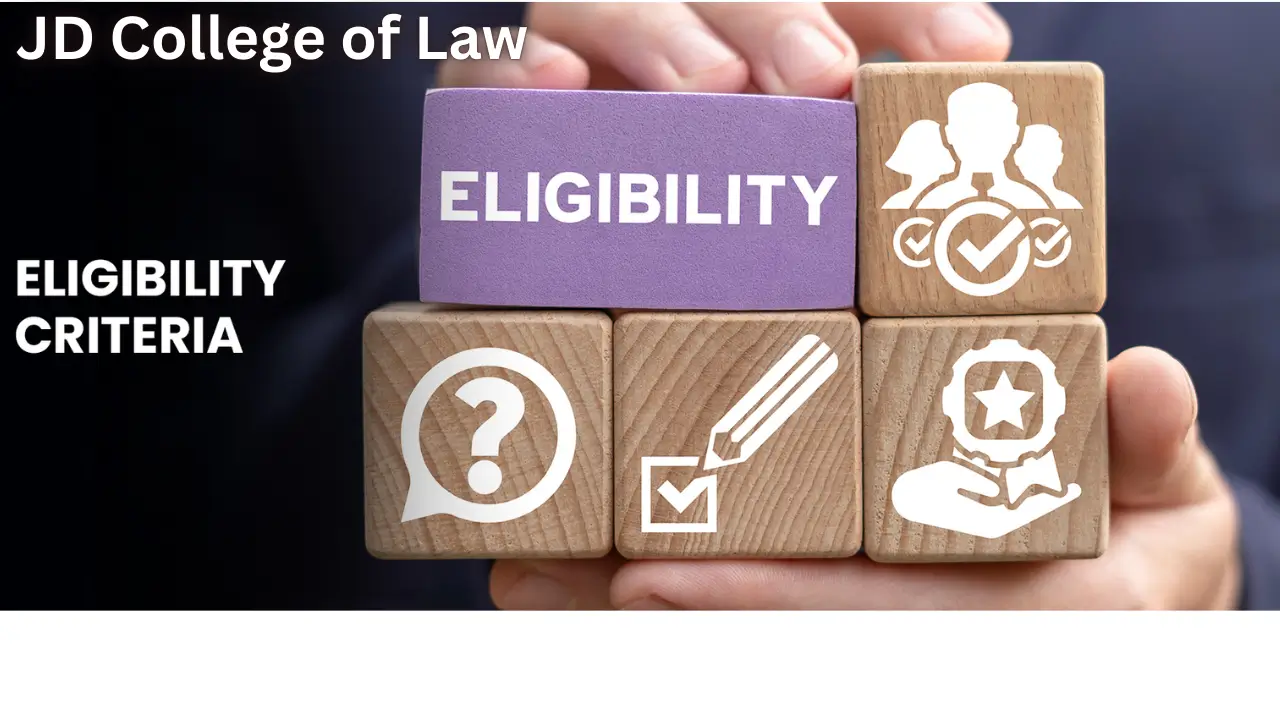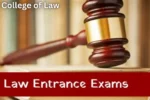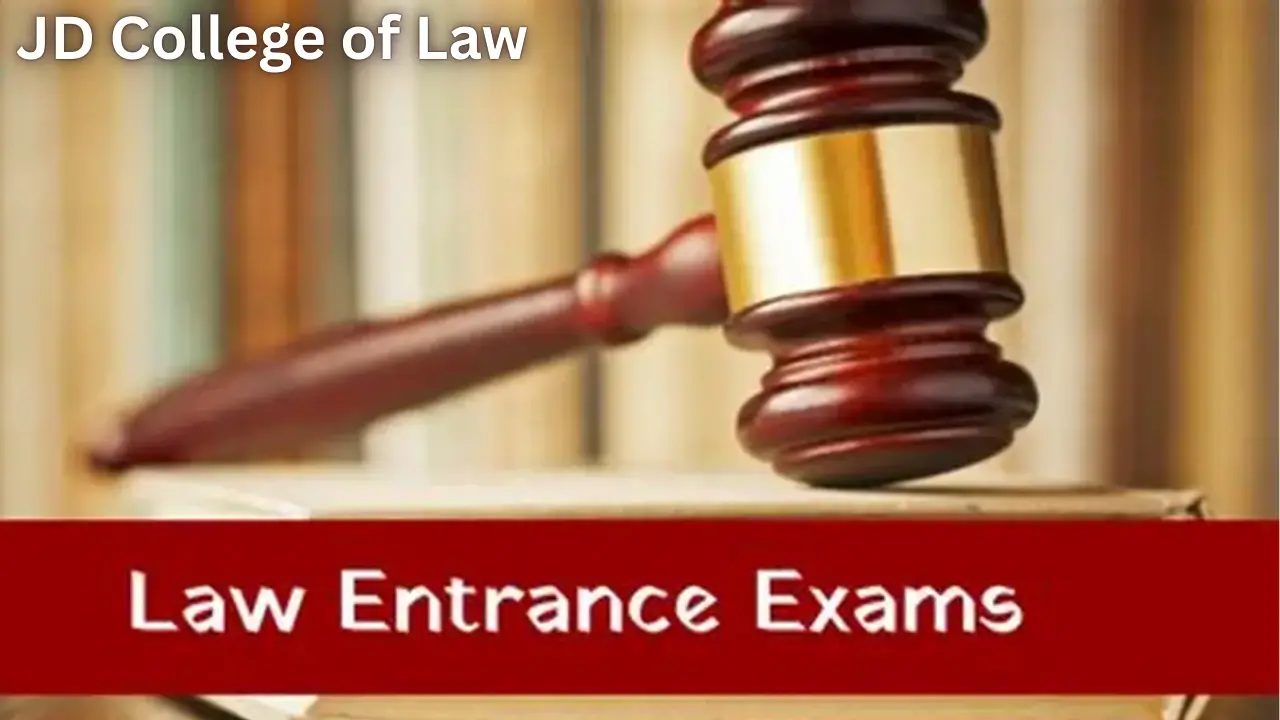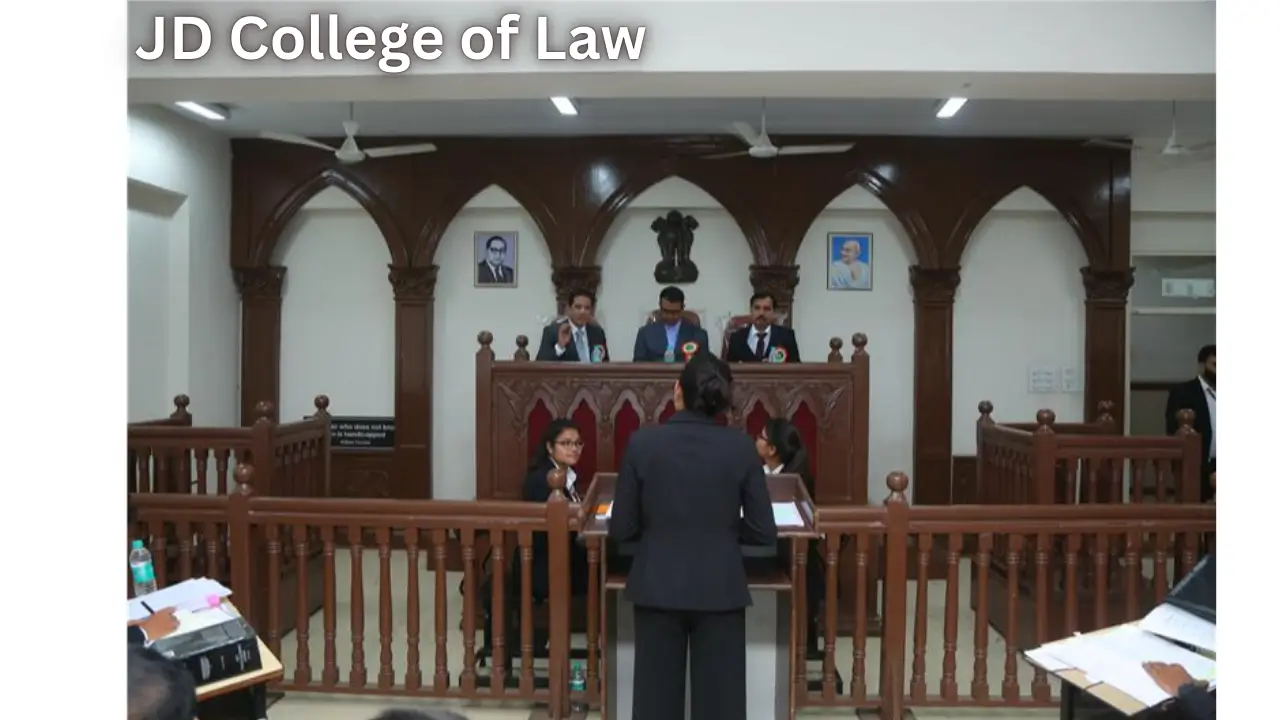Eligibility criteria for admission in the 3-year LL.B. (Bachelor of Laws) program are designed to ensure candidates meet the academic and legal norms necessary to pursue this professional degree in law. This program is typically chosen by students who have already completed their undergraduate education and now wish to specialize in law.
Educational Qualification
- Candidates must hold a bachelor’s degree in any discipline from a recognized university.
- The degree can be in any field such as Arts, Science, Commerce, Engineering, or other disciplines.
- Most universities require a minimum aggregate score, generally ranging between 45% and 50%, which may vary slightly depending on the institution.
- Final year undergraduate students are often eligible for provisional admission subject to successful completion of their degree.
Age Limit and Nationality
- There is generally no age restriction for admission to the 3-year LL.B. course.
- Some institutions might impose age limits, such as a maximum age of 30 to 35 years for certain categories.
- Indian nationals are predominantly eligible. Some universities also admit eligible foreign nationals.
Entrance Exam Requirements
- Many universities admit students to the 3-year LL.B. program based on merit in a qualifying exam or an entrance test.
- Popular law entrance exams include CLAT (Common Law Admission Test), AILET (All India Law Entrance Test), LSAT India, DU LLB Entrance, MH CET Law, among others.
- Some universities or colleges conduct their own entrance tests and personal interviews.
Minimum Marks and Category Relaxation
- For General category candidates, minimum marks typically hover around 45%-50% in graduation.
- SC/ST applicants often get relaxation to 40% minimum aggregate marks.
- OBC and other reserved categories may have intermediate relaxation marks around 42%-45%.
- These percentages vary from institution to institution.
Required Documents at Admission
Applicants need to submit several documents during admission including:
- Bachelor’s degree mark sheet and certificate (or provisional certificate for final year students)
- 10th and 12th mark sheets and certificates
- Entrance exam scorecard if applicable
- Category certificate for reserved category candidates
- Identity proof and residence proof
- Passport-sized photographs
Summary Table of Eligibility Criteria for 3-Year LL.B.
| Criteria | Requirement |
|---|---|
| Academic Qualification | Bachelor’s degree in any discipline |
| Minimum Marks (General) | 45% to 50% aggregate in graduation |
| Minimum Marks (SC/ST) | Approximately 40% aggregate |
| Age Limit | Generally no age limit, some colleges may have restrictions |
| Entrance Exam | Based on merit, or scores in CLAT, AILET, LSAT India, DU LLB, MH CET Law, or college-based exams |
| Nationality | Indian nationals and eligible foreign nationals |
Latest Updates for 2025 Admissions
- Most law universities have announced their entrance exam dates for 2025, with CLAT scheduled for December 2024, AILET in January 2025, and LSAT India in May 2025.
- Many institutions now accept final year graduation students for provisional admission in 3-year LL.B. programs.
- Some new provisions and relaxed eligibility criteria are being considered by universities to increase access to law education for diverse candidates.
- Online application processes and remote entrance test options have become more common post-pandemic.
Conclusion
Admission to the 3-year LL.B. is primarily based on completing a recognized undergraduate degree with the required minimum marks, along with clearing entrance exams where applicable. There is flexibility in terms of age and stream of undergraduate study, making it accessible to a broad array of candidates aspiring to start a career in law.
Candidates should always check specific eligibility requirements on the official websites of the universities or colleges they are interested in, as variations may occur.












